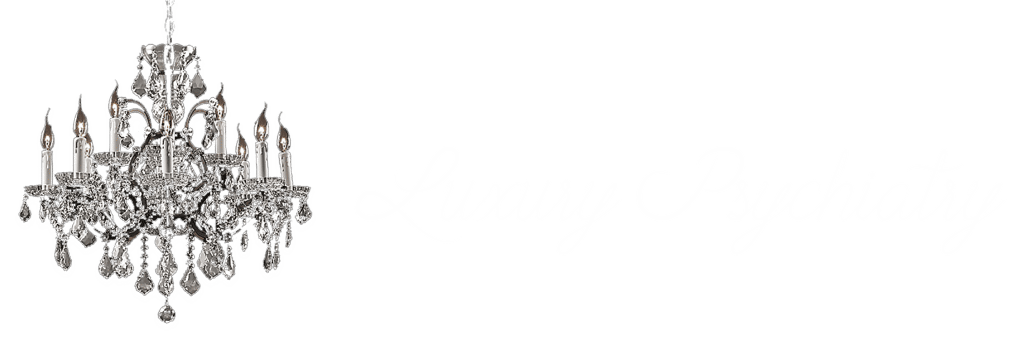Ketamine therapy has emerged as a promising treatment for several psychiatric conditions, particularly for individuals who have not responded to traditional treatment options. Good candidates for ketamine therapy typically include those suffering from severe depression, treatment-resistant depression, and certain anxiety disorders. The therapy is often recommended for patients who have tried and not benefited from conventional antidepressants and psychotherapy.
Candidates should have a stable medical history and undergo a comprehensive evaluation to rule out any health conditions that may interfere with ketamine’s effects. It’s crucial for potential patients to have a supportive environment and follow-up care lined up, as ketamine treatment is just one component of a multifaceted treatment plan. This plan may include continued medication, psychotherapy, and lifestyle changes, ensuring a holistic approach to mental health recovery.
What is Ketamine Therapy?
Ketamine therapy is a cutting-edge treatment approach in the field of psychiatry, primarily utilized for its rapid antidepressant effects, particularly in individuals with treatment-resistant depression. Unlike traditional antidepressants that often take weeks to show benefits, ketamine can provide relief within hours or days. Originally used as an anesthetic in medical settings, ketamine works by targeting the NMDA receptors in the brain, which are involved in mood regulation and pain perception. This interaction helps to restore synaptic connections in brain cells that are affected by depression. The therapy is usually administered under strict medical supervision, either as an intravenous infusion or a nasal spray, making it a valuable option for patients who have not seen improvement with other treatments.
Who is a Good Candidate for Ketamine Therapy?
Ketamine therapy is particularly beneficial for individuals who have struggled with persistent mental health issues and have found little relief from traditional treatments. It is primarily targeted towards those with severe depression, including treatment-resistant depression, where standard antidepressants and therapies have not been effective. This innovative treatment is also gaining traction among patients with other mood disorders, such as bipolar disorder, and certain anxiety disorders that are not adequately managed by conventional methods.
Qualities that make up a good candidate for ketamine therapy include:
- History of Treatment-Resistant Depression: Individuals who have tried multiple antidepressants or other therapies without significant improvement.
- Severe Symptoms of Depression: Those experiencing intense, debilitating symptoms that interfere significantly with daily functioning.
- Lack of Contradicting Health Conditions: Absence of health issues that ketamine could exacerbate, such as certain cardiovascular, liver, or kidney diseases.
- Stable Psychological Condition: Patients who, despite severe symptoms, do not have a history of psychosis or active substance abuse, which can complicate ketamine’s effects.
- Supportive Treatment Environment: Access to a comprehensive treatment plan that includes psychological support and follow-up care to maintain long-term mental health.
Who Isn’t a Good Candidate for Ketamine Therapy?
Ketamine therapy, while beneficial for many, is not suitable for everyone. Certain individuals may face risks that outweigh the potential benefits of this treatment. It is essential to carefully screen patients to ensure that ketamine therapy is administered safely and effectively.
Individuals who are not good candidates for ketamine therapy typically include:
- Patients with Uncontrolled Cardiovascular Conditions: Since ketamine can increase blood pressure and heart rate, those with uncontrolled hypertension or a history of heart disease may be at increased risk.
- Those with a History of Substance Abuse: Ketamine has psychoactive properties that can lead to misuse or dependence, particularly in individuals with a history of substance abuse.
- Patients with Severe Liver or Kidney Disease: Ketamine is processed by the liver and excreted by the kidneys, so those with significant organ dysfunction may not be able to metabolize or eliminate the drug safely.
- Individuals with Active Psychotic Symptoms: Because ketamine can cause dissociation and exacerbate symptoms of psychosis, it is not recommended for patients with schizophrenia or other psychotic disorders.
- Pregnant or Breastfeeding Women: There is limited research on the effects of ketamine on fetal and infant development, so it is typically avoided in pregnancy and breastfeeding.
It is crucial for any potential candidate to undergo a comprehensive medical and psychiatric evaluation to determine if ketamine therapy is an appropriate and safe treatment option.
How Do I Know If Ketamine Therapy Is Right For Me?
Determining whether ketamine therapy is right for you involves a thorough evaluation of your medical history, current health status, and treatment history. The first step is to consult with a healthcare professional who specializes in mental health and has experience with ketamine therapy. This specialist can assess your symptoms, evaluate previous treatments, and consider your overall physical and psychological health to ensure that ketamine is a viable option.
In addition to professional guidance, it’s important to consider your own readiness and commitment to the treatment process. Ketamine therapy requires a series of sessions and a supportive environment for follow-up care. Patients must be prepared for the experience, which can include unique sensory and perceptual effects during treatment, and must have a plan in place for managing these effects. Also, it’s essential to have realistic expectations about the outcomes and to understand that while ketamine can provide rapid symptom relief, ongoing therapy and lifestyle adjustments are critical for long-term wellness.
Potential Side Effects of Ketamine Therapy
Ketamine therapy, like any medical treatment, comes with potential side effects, which can vary in intensity from mild to severe depending on the individual. Most side effects are transient and occur during or immediately after the infusion, lasting only a short duration. Healthcare providers monitor patients closely during treatment to manage any adverse effects that arise and ensure safety throughout the process.
Common side effects of ketamine therapy include:
- Nausea
- Dizziness
- Dissociation (feeling detached from reality)
- Increased blood pressure
- Blurred vision
- Feeling of euphoria
- Headache
- Insomnia
While most of these side effects are temporary, it’s important for patients to discuss any ongoing or bothersome symptoms with their healthcare provider. Some individuals may experience more pronounced dissociative effects, which while not dangerous, can be unsettling. Proper screening and preparation with a healthcare professional can help manage these effects and ensure the safety and effectiveness of the treatment. Regular follow-ups post-treatment are crucial to monitor progress and any long-term side effects.
Get Ketamine Therapy with Luxury Psychiatry
At Luxury Psychiatry, we are committed to providing innovative and comprehensive mental health care tailored to your unique needs. Our experienced team of professionals is dedicated to ensuring that every treatment, including ketamine therapy, is administered with the highest standards of safety and effectiveness. If you’re considering ketamine therapy, or simply want to explore more about how it can benefit you, we are here to help guide you through every step of the process.
Take the first step towards a new beginning in your mental health journey. Contact us today to schedule an appointment or to speak with one of our specialists about whether ketamine therapy is right for you. You can reach us by phone or through our website to book a consultation. At Luxury Psychiatry, we are here to support you in achieving better mental health and improved quality of life.




















